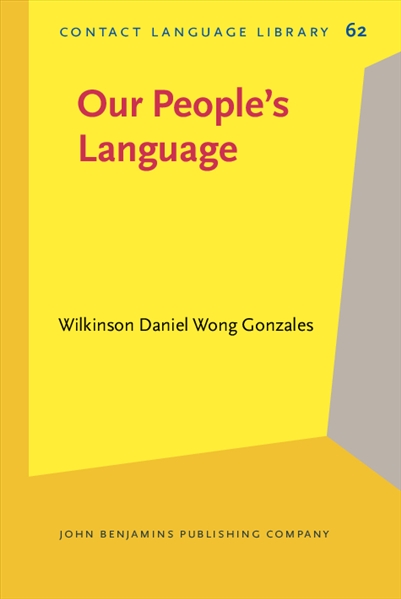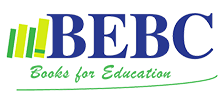
This book pioneers the study of Lannang-ue, deeply embedded in Manila's Lannang community's culture. It approaches Lannang-ue not just as a language but as a vibrant social practice, highlighting its variability and complex ...
This book pioneers the study of Lannang-ue, deeply embedded in Manila's Lannang community's culture. It approaches Lannang-ue not just as a language but as a vibrant social practice, highlighting its variability and complex social meanings (e.g., identity-marking). Over six years and with more than 150 participants, the monograph integrates contemporary, community-focused, and critical sociolinguistic frameworks to explore and document linguistic variation as well as change signalling attrition, challenging reductive academic views. Employing diverse methodologies-surveys, elicitation, interviews, computational modelling, and ethnography- the work offers a nuanced depiction of Lannang-ue's diversity. A decolonial stance is advocated, emphasizing the complex practices that define the language and its speakers' identity. It critiques the idea of a uniform linguistic standard, presenting L?nnang-u? as shaped by local, diverse, and inclusive practices, urging a revaluation of language ownership and authenticity. This monograph is crucial for scholars in sociolinguistics, language variation, and contact linguistics, informing language revitalization efforts and enriching global discussions on linguistic diversity and discrimination.
Read Full Description >>
|
ISBN: 9789027219206 |
£139.00 |
